Monica Cheru Managing Editor
A factory in Qingdao, Shandong Province, was just another struggling enterprise in the post-Cultural Revolution period, producing substandard fridges and failing to pay its workers.
Then in 1985 a young manager named Zhang Ruimin decided that things would change. 76 newly manufactured refrigerators that turned out to be defective were collected. The workers responsible had to take turns smashing up their shoddy work with a massive hammer.
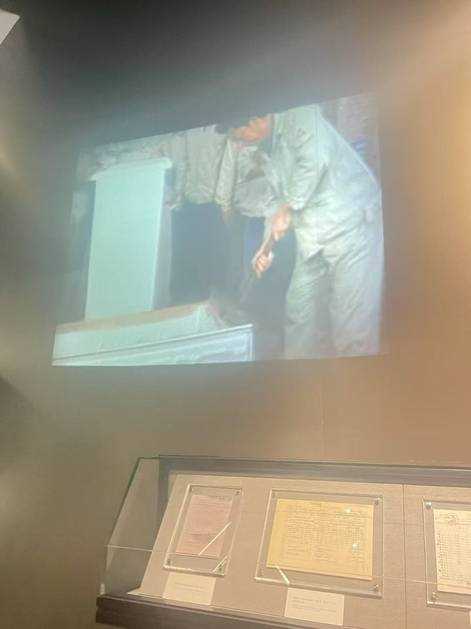
“Some of them cried. You must understand that at that time a fridge was a luxury that the workers could never dream of owning, as it cost more than their wages for several months. So, they were thinking that it would have been better to let them have the defective fridges instead of just destroying so much value,” the guide at Haier explains to a team of Chinese and foreign journalists touring Shandong as he takes them around the company’s exhibition center.
But as the shock engendered by the clang of the hammer echoes around the plant, a new culture was born. The workers would soon come to understand that it was not the sound of failure but of regeneration.
“Soon after Zhang Ruimin took over, it was time for Christmas. In addition to their pay, the workers also received a bonus of 2.5 2.5kgs of fish,” the guide shares.
At a time when food security was a daily struggle, this was an indication of a manager who was not just profit-oriented but clearly concerned about the welfare of the staff.
Within a year, Zhang Ruimin had turned the company around, well on his way to building a brand that stands as a symbol of excellence without compromise. But as the exhibition center demonstrates, today’s global powerhouse remains tethered to that defining moment when Zhang Ruimin made a bold decision.
When Zhang Ruimin took over, Haier was a typical pyramid-structure organization run by bureaucrats who gave no room for innovation from the staff.
Zhang Ruimin, a man ahead of his time, zeroed in on human motivation.
“Staff were encouraged to innovate, and those who were successful had things like operations named after them,” says the guide.
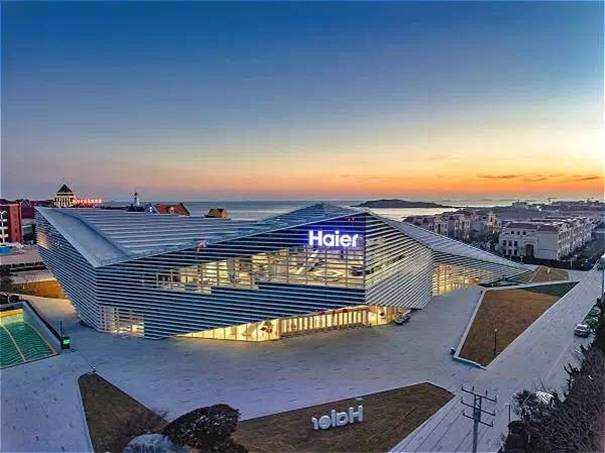
Haier is now an interconnected network of microenterprises — self-managed units that operate like mini-startups within the company.
These autonomous cells are directly linked to customer needs and incentivized to innovate and grow. Haier is no longer a company in the traditional sense but an organic, living ecosystem.
Related Stories
Their now named “Rendanheyi Model" has become a case study taught in business schools from Harvard to INSEAD.
The model has kept Haier agile and helped it grow into diverse markets through absorbing the best of global practices to transform the company from the inside out.
Their first partnership was in Germany, where Haier acquired the appliance arm of Fisher & Paykel and invested in localized R&D, tapping into the country’s engineering excellence.
The Chinese technical team staff who went to Germany were so eager to learn and focused on their work that they got the reputation of being like machines, the guide shares.
The hard work paid off, and armed with German’s technical precision, Haier’s offerings moved into the premium range and developed appeal for the European market.
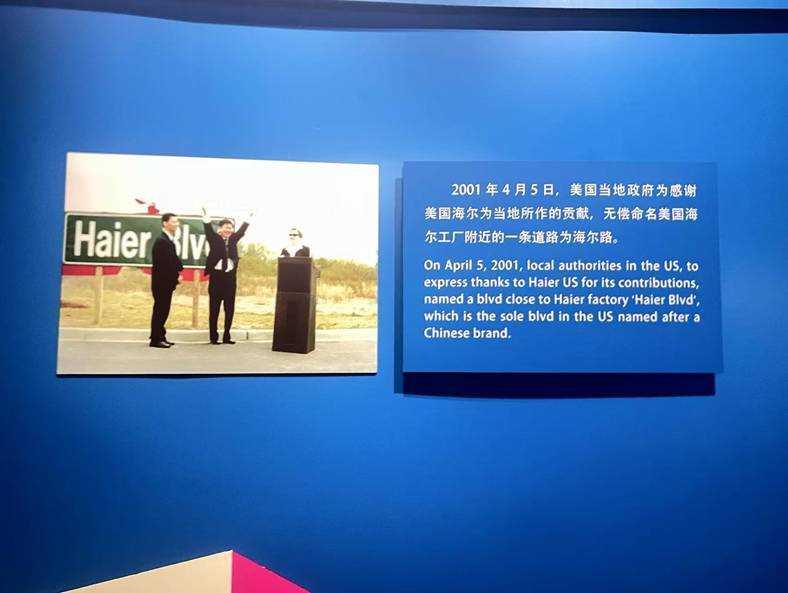
Another milestone was Haier’s move into the United States, where the company even got a street named after it in honor of their contribution to the local economy, creating jobs with their manufacturing plant.
Haier acquired GE Appliances in 2016, further establishing their American footprint and infusing the brand with premium Western consumer identity to capitalize on retail dynamics.
Consistently ranked as the world’s No. 1 brand in major appliances for over a decade, Haier today is a global lifestyle and IoT brand.
Smart refrigerators that manage grocery lists, connected washing machines that optimize water use based on local climate data, and TVs with high-level picture enhancement capacity.
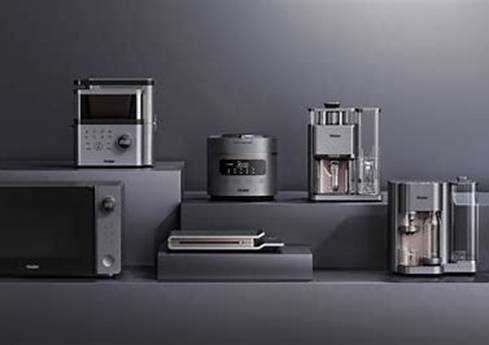
Haier’s products are deeply personal, intuitive, and seamlessly integrated into daily life, appealing to the digital native generations. The multi-awards cementing Haier as an eco-brand help to position it not just as a leader of today but as a champion of and for tomorrow.
All that came from that first smash of a hammer on a brand-new, albeit defective, refrigerator. As Zhang Ruimin directed workers to shatter faulty machines, he also symbolically smashed the entire culture of mediocrity and fatalism.
In its place he planted the seed for a new culture of continuous transformation that remains Haier’s greatest asset today.
With digital transformation and AI changing the landscape every day, Zhang Ruimin’s lesson to the world is that the real monuments to greatness are not built from stone but from the unflinching willingness to break, rebuild, and reimagine.


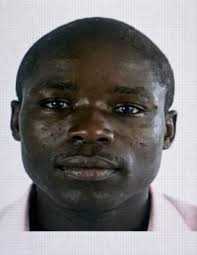









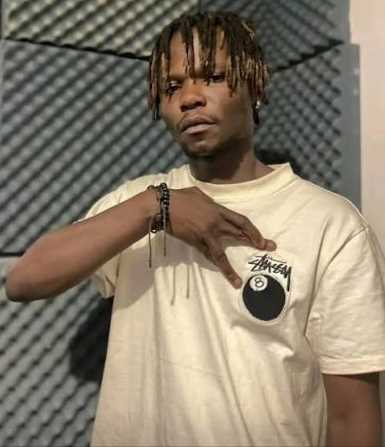

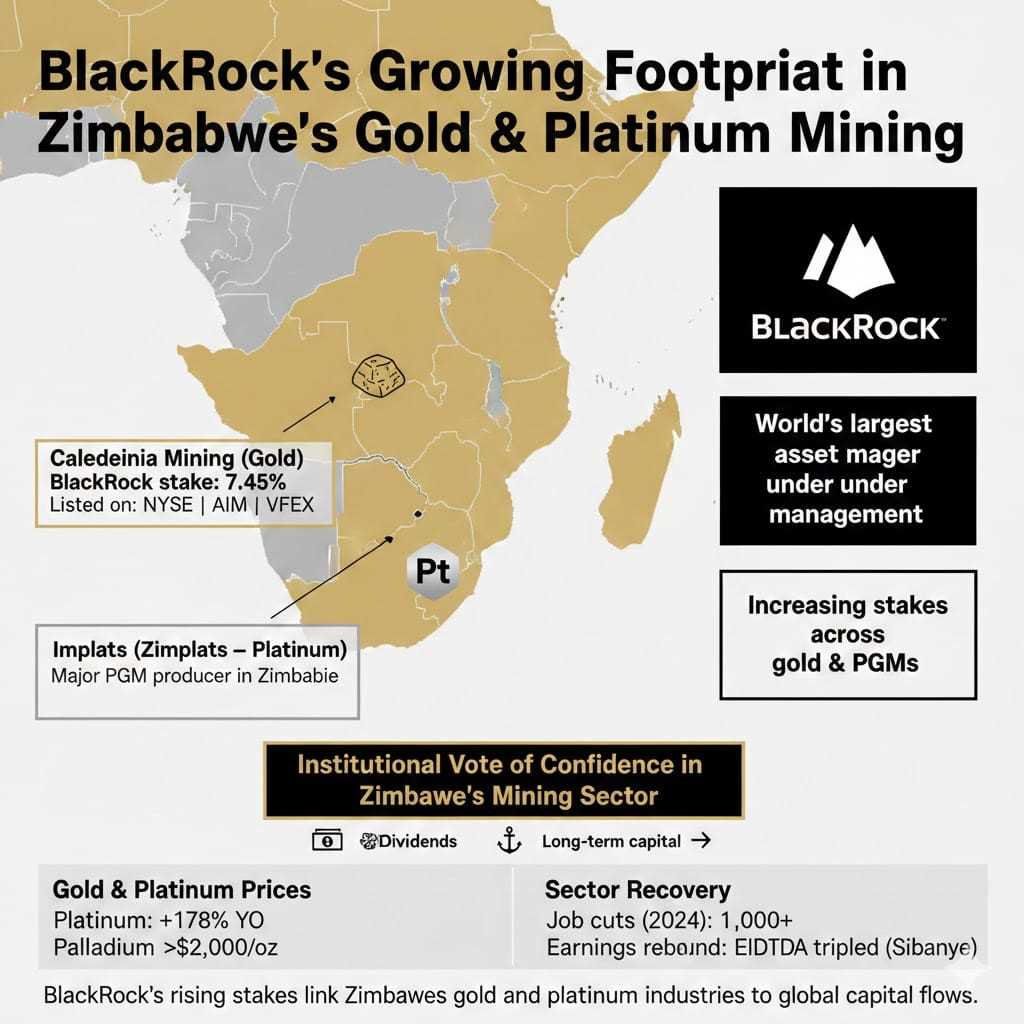

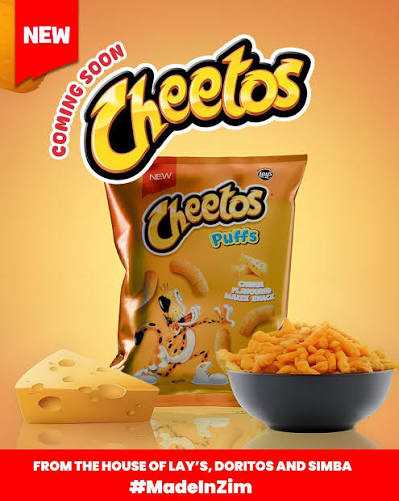



Leave Comments